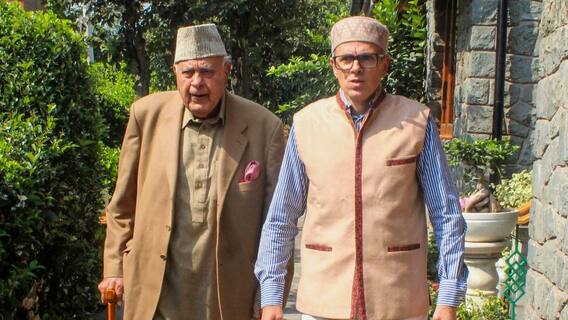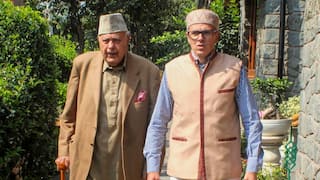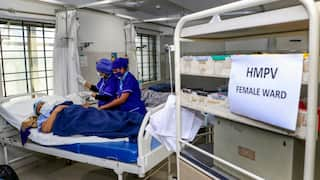Banning packaged plastic water bottles, not the best solution for environment: Experts

Mumbai (Maharashtra) [India], Nov 21 (ANI): Opposing the ban on packaged plastic water bottles, announced by the State of Maharashtra, experts from the city have expressed concerns on the availability of viable alternative solutions.
While the experts have appreciated the government's intent of safeguarding the environment, they believe that banning is not an ideal solution to address this problem.
They have raised questions regarding the alternative options for packaging water, if the currently used PET water bottles are banned from public use.
"Considering glass bottles as a substitute will pose multiple new challenges that defeat the purpose of conserving the environment. Glass requires higher energy for the manufacturing process as it is made from silica/sand at temperatures above 1000-degree Celsius. The amount of water needed for washing per case of glass bottles is approximately 20 litres, implying that close to 120 crore litres of water is used to wash 50 lakh glass bottle cases, per annum. In a state which reels under a drought-like situation almost every year, spending this huge amount of water on agriculture would be a more logical step," said Professor R.N. Jagtap, Head, Department of Polymer and Surface Engineering, Institute of Chemical Technology, Mumbai.
Whereas, PET plastic, of which the packaged drinking bottles are made, is 100% recyclable. As per industry statistics, close to 500,000 tonnes of PET is recycled in India, every year. One metric tonne of PET bottles saves 1.2 metric tonne of fuel, 1.8 metric tonne of carbon emissions and 5.6 cubic meter of landfill space.
Apart from the environmental footprint, using glass for packaged drinking water poses several health risks and physical challenges.
"Washing a glass bottle with water is not sufficient to sterilize it, and doesn't remove or kill all harmful bacteria and viruses. Drinking water from non-sterilized glass bottles can led to several water-borne infections, especially those of the stomach, intestine and the gastrointestinal tract," said Dr. Pratit Samdani, Associate Professor of Medicine, Sir J J Group of Hospitals and Breach Candy Hospital, Mumbai.
"Glass bottles are also dangerous for school children, increasing the possibility of injuries and the burden of carrying a heavy bottle with them," added Dr. Samdani.
Instead of a ban, the State of Maharashtra and the country needs to adopt stringent, low-cost and executable waste management processes like incentivized reverse recycling, a solution adopted successfully across the United States, United Kingdom and Singapore.
For waste management solutions to become a success, the public has to be educated about the hazards of littering, to bring about an overall change in behaviour.
Whether glass or plastic or steel, if the citizens don't stop littering and start recycling, keeping our environment clean would remain a distant goal. (ANI)
This story has not been edited. It has been published as provided by ANI
Trending News
Top Headlines






























